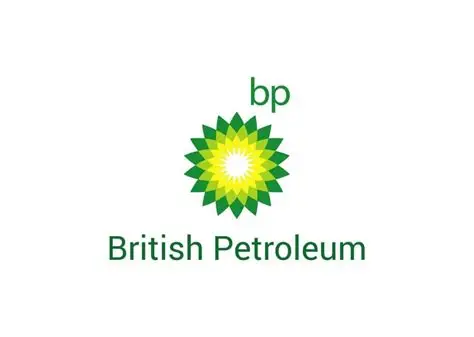BP has made its most significant oil and gas discovery in a quarter of a century off the coast of Brazil, marking a major milestone in its strategic shift away from renewables and back towards fossil fuel production.
The discovery in the Santos basin, located roughly 400km offshore in deep waters near Rio de Janeiro and São Paulo, is believed to be the company’s most substantial find since uncovering the Shah Deniz gasfield in Azerbaijan in 1999. It is BP’s 10th oil discovery this year and a key part of its revived upstream strategy.
Situated beneath approximately 2,400 metres of water, the Brazilian oil and gas find is undergoing further testing to determine its full potential. If confirmed, it is expected to play a critical role in helping BP raise its production to between 2.3 and 2.5 million barrels of oil equivalent per day.
On Monday, the company also announced the start-up of a new extension to its oil operations in the Gulf of Mexico. The Argos project is projected to contribute an additional 20,000 barrels of oil per day and is the first in a pipeline of planned developments in the region through to 2030.
The British energy giant has sharply pivoted from its previous plans to reduce hydrocarbon output and expand into low-carbon sectors such as offshore wind. After years of setbacks, BP is now doubling down on traditional oil and gas assets.
Gordon Birrell, head of BP’s oil and gas production business, called the Brazilian discovery “another success in what has been an exceptional year so far,” highlighting it as a reaffirmation of the company’s “commitment to growing our upstream” production.
He added that Brazil was becoming “an important country” for BP and floated the idea of building “a material and advantaged production hub” in the region.
The Santos basin is BP’s second oil discovery in Brazil this year, adding to a growing list of fossil fuel finds in Trinidad, Egypt, Libya, the Gulf of Mexico, Namibia, and Angola, marking a clear retreat from the company’s former green ambitions.
BP’s pledge to become a “net zero” energy company by 2050 has struggled to stay afloat amid a torrent of challenges. The Covid-19 pandemic dealt the firm one of its worst financial years, rivalled only by the aftermath of the Deepwater Horizon disaster, while the war in Ukraine forced it to write off a $25bn stake in Russia’s Rosneft.
Despite investing heavily in offshore wind, spiralling costs and underperformance in that sector have left BP lagging behind competitors who profited from the fossil fuel price surge triggered by the Russian invasion of Ukraine.
Last month, BP announced plans to sell its stake in 10 U.S. onshore wind farms to LS Power. On Monday, it unveiled a 50:50 offshore wind joint venture with Japan’s JERA, valued up to £4.5bn, allowing it to retain limited access to zero-carbon energy while prioritising hydrocarbon development.
The company’s net zero strategy has also been mired in leadership issues. Former CEO Bernard Looney was forced out for failing to disclose past relationships with colleagues, further shaking investor confidence.
With BP’s share price continuing to underperform, speculation has mounted that it may be vulnerable to a takeover. Shell has publicly denied reports of interest in acquiring BP, but pressure has intensified with U.S. hedge fund Elliott Management acquiring a 5% stake and demanding sweeping reforms, including a board shake-up.
In response, BP has moved to stabilise its leadership. Albert Manifold, the former chief executive of building materials group CRH, will join the board as a non-executive director on 1 September and will assume the role of chair on 1 October, replacing Helge Lund.
The announcement of BP’s Brazilian discovery came just a day after the oil producers’ cartel Opec and its allies confirmed plans to ramp up output. Opec+ revealed it would increase oil production by 547,000 barrels per day in September, continuing its push to reclaim market share lost during the Covid-19 downturn. The group has now fully reversed its largest post-pandemic output cuts.
Despite the news, oil prices dipped on Monday. Brent crude fell by 2%, trading just above $68 a barrel.



